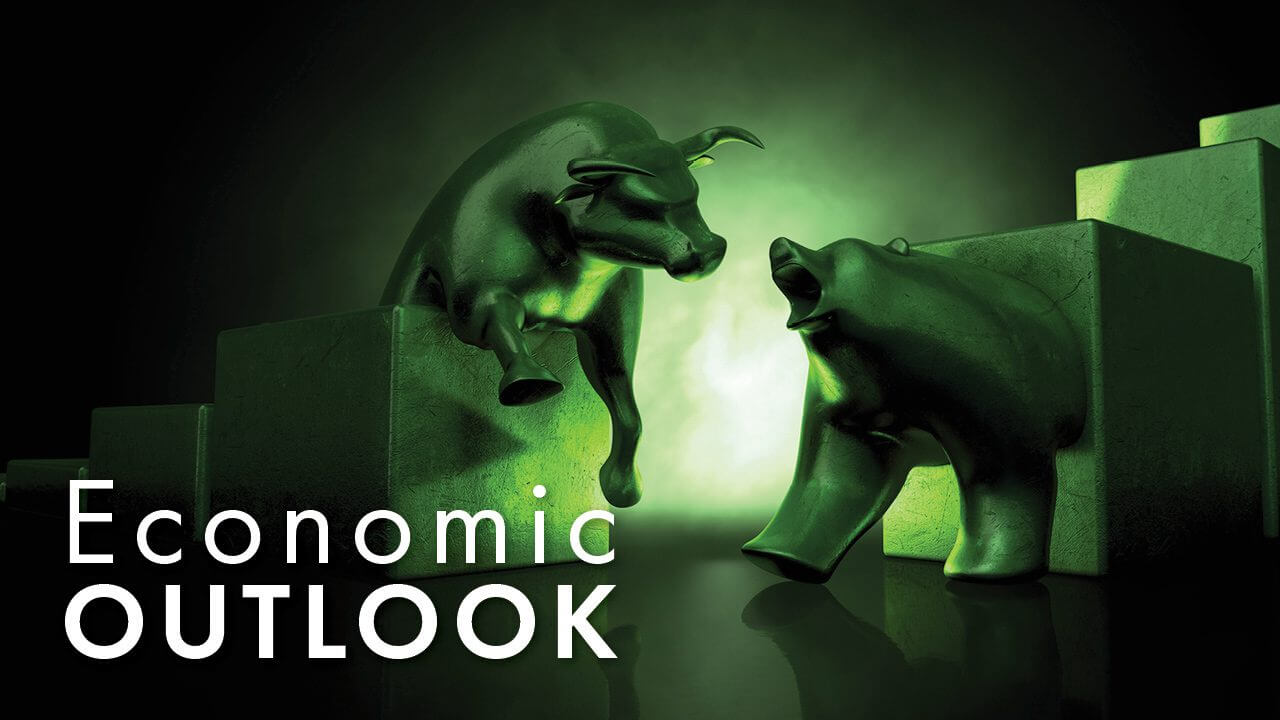Interest rates remained unchanged after the latest Federal Reserve meeting. Members voted unanimously to leave rates unchanged at their present 22-year high. However, Fed Chairman Jerome Powell did not rule out future increases according to the Wall Street Journal.
The immediate reaction from the equity market was an uptick in prices coupled with a selloff in 10-year treasury bonds. This is a decided change from the 10-point sell-off in Q3 for the S&P 500 as well as the 100 basis point increase in the 10 year treasury notes. The data suggests that perhaps rates will not remain “higher for longer” as previously reported.
This marks two consecutive meetings the Fed has declined to raise rates. This is the longest period without an upward change since they began the rapid increase in March 2022. The increase is the fastest in four decades.
During this 18-month period of increases, Federal Reserve officials have been attempting to balance two risks. Raising rates too high could cause recession in what was a very robust economy post-covid. However, not raising rates high enough or fast enough could allow severe inflation to remain well above the 2% target. Addressing this Jerome Powell stated, “Those risks are closer to being in balance.”
Unfortunately, no clear path was indicated as to what the Fed may do next. Powell avoided commentary on what it would take to trigger another increase, or a potential rate cut. What remains clear is rates will remain higher than originally expected for longer than desired. Despite a number of positive economic signs, the foreseeable future is a world with higher rates.
Since the July increase, economic activity has risen, inflation has cooled, and financial conditions have significantly tightened. Despite higher interest rates, economic indicators centered on consumer spending have all shown positive growth. Core inflation, that peaked last year at 5.6%, has been measured at 2.8% according to the Commerce Department. Last, longer term treasury bonds have seen sharp increases impacting mortgage costs, auto loans, and commercial debt.
What remains clear is there is a level of uncertainty in the current economy that makes predictions difficult. We remain diligent in monitoring market conditions so we can position our assets in the most beneficial way as opportunities to do so arise.

